Animals
-
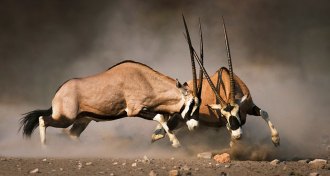 Animals
AnimalsFighting like an animal doesn’t always mean a duel to the death
Conflict resolution within species isn’t always deadly and often involves cost-benefit analyses.
By Susan Milius -
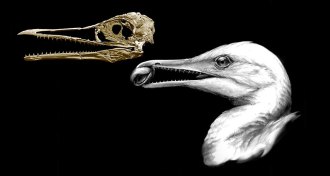 Animals
AnimalsThis ancient fowl bit like a dinosaur and pecked like a bird
A new fossil of Ichthyornis dispar helped scientists create a 3-D reconstruction of the ancient bird’s skull, shedding light on early bird evolution.
-
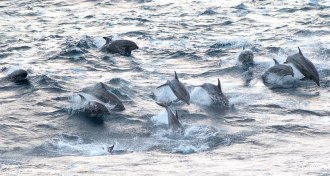 Climate
ClimateBull sharks and bottlenose dolphins are moving north as the ocean warms
Rising temperatures are making ocean waters farther north more hospitable for a variety of marine species.
-
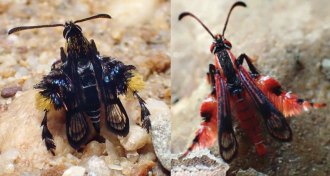 Animals
AnimalsDefenseless moths do flying impressions of scary bees and wasps
Faking that erratic bee flight or no-nonsense wasp zoom might save a moth’s life.
By Susan Milius -
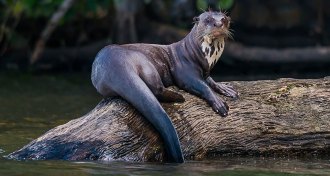 Animals
AnimalsHow a social lifestyle helped drive a river otter species to near extinction
A reconstruction of 20th-century hunting practices reveals why one species of Amazon river otters nearly went extinct while another persisted.
-
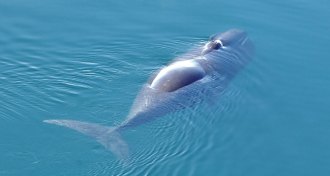 Animals
AnimalsSee (and hear) the stunning diversity of bowhead whales’ songs
Bowhead whales display a huge range in their underwater melodies, but the drivers behind this diversity remain murky.
-
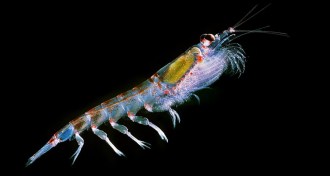 Animals
Animals‘The Curious Life of Krill’ is an ode to an underappreciated crustacean
A new book makes the case that Antarctic krill and the dangers they face deserve your attention.
-
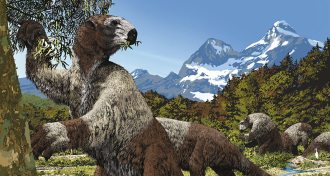 Archaeology
ArchaeologyFootprints prove humans hunted giant sloths during the Ice Age
Footprints of humans and giant sloths show a dramatic chase sequence from more than 10,000 years ago.
By Dan Garisto -
 Genetics
GeneticsCicadas on different schedules can hybridize
A new genetic study suggests that cicadas that emerge every 17 years have swapped genetic material with those that emerge every 13 years.
-
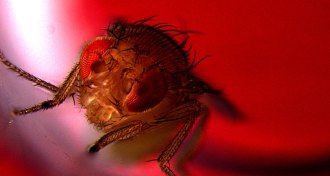 Animals
AnimalsMale fruit flies enjoy ejaculation
Red light exposure made some genetically engineered fruit flies ejaculate, spurring a surge of a brain reward compound — and less desire for booze.
By Susan Milius -
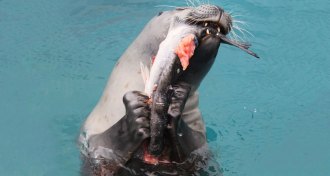 Animals
AnimalsThese seals haven’t lost their land ancestors’ hunting ways
Clawed pawlike forelimbs help true seals hunt like their land-dwelling ancestors.
-
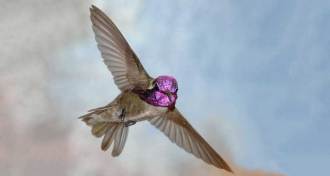 Animals
AnimalsThese hummingbirds aim their singing tail feathers to wow mates
Acoustic cameras reveal how male Costa’s hummingbirds can aim the sound produced by fluttering tail feathers during courtship dives.
By Susan Milius